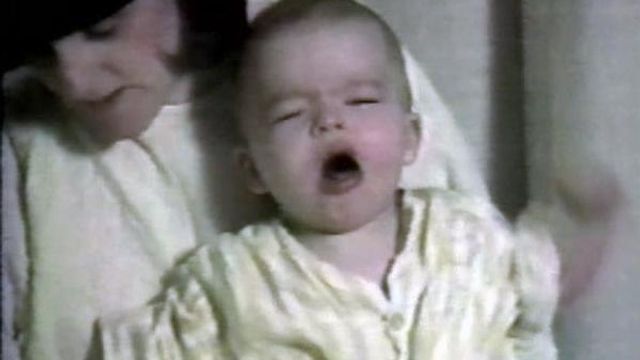Tetanus booster includes whooping cough vaccine
The Alamance County Health Department sent out a warning last week after seeing a significant increase in pertussis, also known as whooping cough. Four years ago, the Centers for Disease Control and Prevention recommended combining the pertussis vaccine with a tetanus booster for adults. Doctors say it adds another layer of protection for at-risk babies.
Posted — UpdatedFour years ago, the Centers for Disease Control and Prevention recommended combining the pertussis vaccine with a tetanus booster for adults. Doctors say it adds another layer of protection for at-risk babies.
Pertussis is called whooping cough because of the whooping sound that’s made while catching a breath for more repetitive coughing. Infants aren't fully immunized until they are a year old, so there's a window of time when adults can catch the bug and infect them.
Sarah Mills went for a regular visit with primary care physician Dr. Michelle Casey at Falls Pointe Medical Group in Raleigh and learned she needed a tetanus booster, which also includes immunization for pertussis.
“Well, I do have three grandchildren, and I am concerned about their health and whatever exposure I could give them,” Mills said.
Casey says children are the most vulnerable of the population when it comes to being hospitalized for pneumonia.
WRAL Health Team Physician Dr. Allen Mask says you need a tetanus booster about every 10 years. Consult with your doctor at the time your booster is due about receiving the Tdap vaccine, which includes tetanus, diphtheria and pertussis vaccines.
If you have a persistent cough, Mask suggests staying home, away from co-workers and infants, if possible. You should also see a doctor. There is a culture test for pertussis, but it takes weeks for results, so doctors diagnose it clinically by symptoms and looking at the patient's medical history.
If you have it, you'll have repetitive coughing that interrupts sleep. As bad as it can be for adults and adolescents, it's more of a health risk for babies under a year of age.
• Credits
Copyright 2024 by Capitol Broadcasting Company. All rights reserved. This material may not be published, broadcast, rewritten or redistributed.





